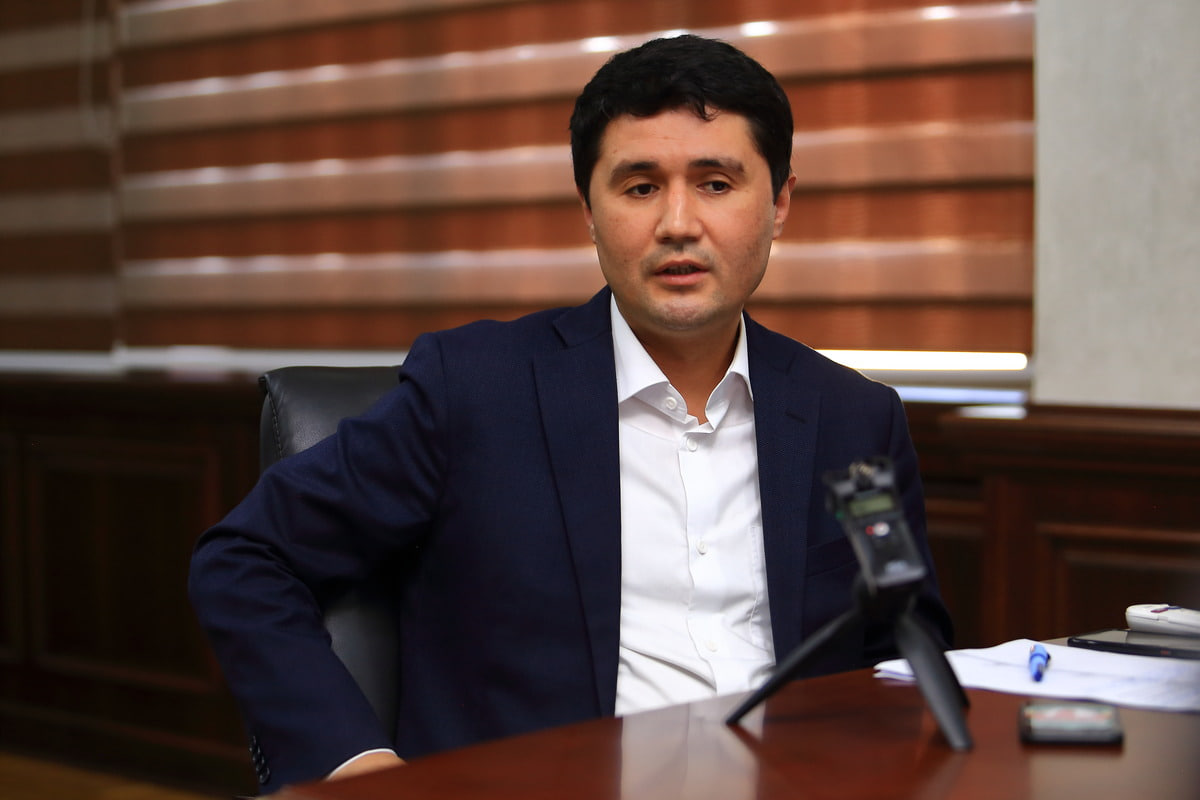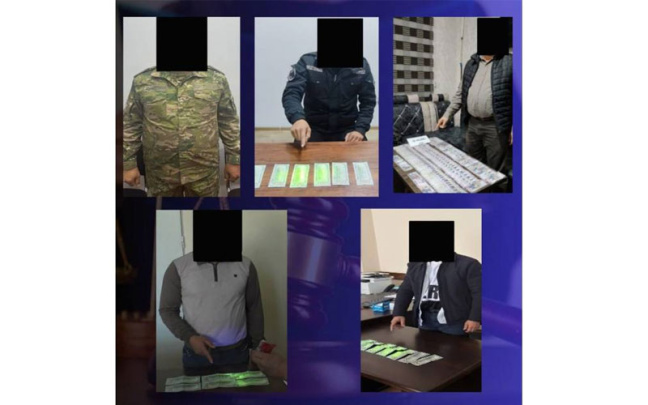Uzbekistan sees drop in bribery cases, yet other corruption offenses rise
On October 17, during the IV Tashkent Anti-Corruption Forum, Akmal Burkhanov, Director of the Anti-Corruption Agency, announced that bribery cases among officials in Uzbekistan have significantly decreased. However, he noted that other forms of corruption, such as embezzlement of budget funds and abuse of office, have shown a concerning increase.

Burkhanov explained that statistics indicate a shift in the types of corruption crimes reported. Up until 2019, bribery accounted for a large majority of corruption-related offenses. Currently, he stated, “The rate of bribery and corruption offenses has sharply declined, falling to less than 10%. Unfortunately, new forms of corruption, such as embezzling state budget funds and fraud, are on the rise.”
The director attributed the decline in bribery to the digitization of public services, enabling citizens to access over 400 state services online without human interaction. “This development has played a crucial role in reducing bribery,” Burkhanov said.
In terms of overall corruption statistics, he reported over 6,000 corruption-related incidents in 2022, with a 12% decrease in such cases in 2023. Burkhanov emphasized that while high-ranking officials have historically engaged in corrupt practices, such cases are now being publicly disclosed regardless of the individual’s rank. He stated, “Today, every corruption crime is being made known to the public, irrespective of the official’s position.”
Moreover, Burkhanov highlighted the significant impact of the recently signed “Conflict of Interest” law, which aims to curb nepotism and favoritism among officials. “Once this law is implemented, we expect to see a sharp decline in corruption among high-ranking public servants,” he remarked.
The Anti-Corruption Agency is currently drafting a legislative proposal to amend the Criminal Code, focusing on enhancing accountability for corrupt officials. Burkhanov emphasized the importance of reducing the scope of corruption crimes committed by officials.
“Continuous research will be conducted in this area, leading to recommendations aimed at ensuring accountability for corruption offenses. We are proposing measures to toughen penalties, such as a 10-year prison sentence for bribery, which must be fully served. Additionally, new regulations will prevent individuals convicted of corruption from being rehired in public service,” he explained.
Related News

15:22 / 13.11.2024
Anti-Corruption Agency reveals widespread illegal business activity among public officials

16:22 / 12.11.2024
Fergana anti-corruption official detained on corruption charges

12:54 / 12.11.2024
Namangan official sentenced to five years for bribe demanded as wedding gift

12:06 / 11.11.2024



